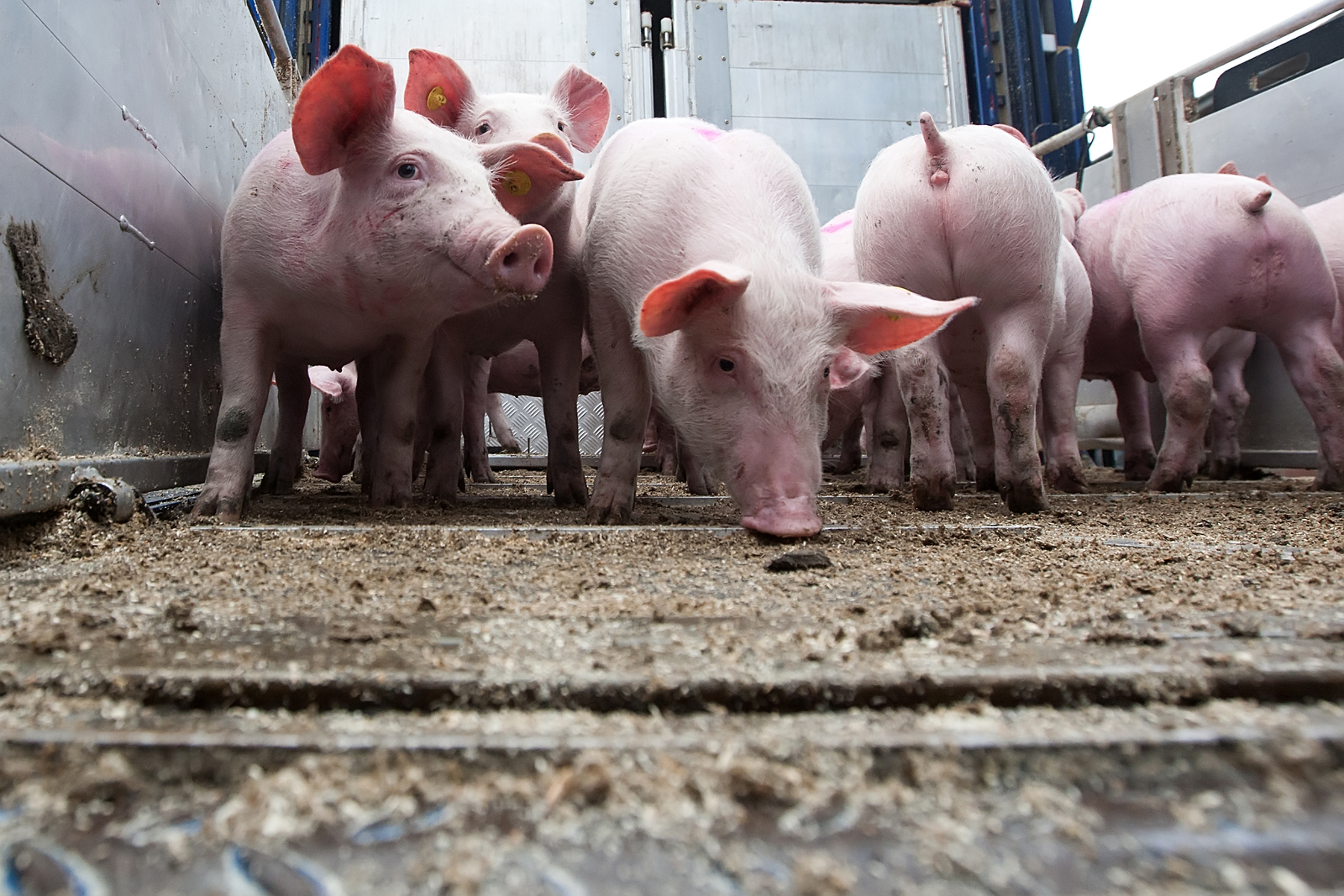Neonatal calves, lambs and pigs often vitamin E deficient

Using the wrong form of vitamin E risks newborn health, production and producer profits, says Stuart Products. Today’s husbandry practices combined with seasonal pasture growth patterns can deprive production animals of adequate vitamin E.
The natural form of vitamin E found in green growing grass, as well as legumes, is an essential nutrient for production animals such as dairy cattle, beef cattle, sheep and swine. This powerful antioxidant is particularly important to neonates. Unless the correct form of vitamin E is provided as a supplement to the neonate’s daily diet, this important antioxidant becomes deficient resulting in a host of potential health and performance challenges for newborn calves, lambs and pigs. The list of potential issues includes diarrhoea, weakness, pneumonia, Weak Calf Syndrome and Mulberry Heart Disease in pigs.
Difference between natural and synthetic vitamin E
The difference between a natural and a synthetic vitamin E supplement is significant, says Stuart Products. “Knowing the difference is key to optimising the production animal’s vitamin E status and performance, beginning at birth. Whereas stabilised synthetic vitamins provide benefits to mature animals, the same synthetic form of vitamin E may be inappropriate for neonates.”
“When using vitamin E supplements to optimise neonate performance, bioavailability is a crucial factor. Simply supplementing neonates with vitamin E acetate ester is not enough; the vitamin E supplement should be the same form found in mother’s milk. This non-ester form is readily absorbed and utilised by the neonate. Otherwise, the investment in this essential input is wasted.”
Neonates are unable to utilizse the acetate-form of vitamin E
Nursing and newly-weaned animals are naturally deficient in the esterase enzyme, which is necessary to remove the acetate-ester from the stable-form of vitamin E (alpha-tocopheryl-acetate) before the animal can utilise this form. Due to the deficiency of the esterase enzyme, neonates are unable to utilise the acetate-form of vitamin E and depend upon the colostrum in mother’s milk to provide adequate biologically-active vitamin E. Regardless of how much vitamin E acetate is provided in feed rations, the anticipated health and performance benefits for neonates are unrealised when using vitamin E acetate (alpha-tocopheryl-acetate), as proven in university studies.
According to Stuart Products, the form of vitamin E used in Stuart Products Vital E injectable and EMCELLE oral products is different than vitamin E sources used in other liquid and powder supplements. The form found in Stuart Products oral and injectable products is the same form of vitamin E found in the neonate’s mother’s colostrum and milk. This form of vitamin E is the alcohol-form (alpha-tocopherol), which is the most biologically-active source of vitamin E and is readily utilised by neonates.











